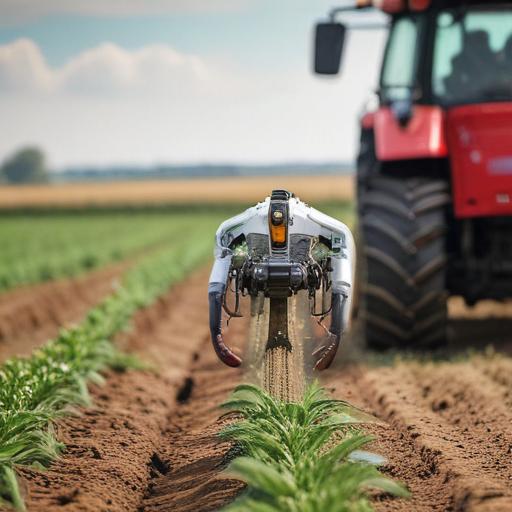Agriculture Secretary Brooke Rollins expressed confidence that the mass deportation of migrant farmworkers will not significantly impact the U.S. food supply, during a recent press conference. Rollins stated that there will be “no amnesty” for undocumented agricultural workers and indicated that the Trump administration’s deportation strategy will persist in a “strategic way.”
She proposed a controversial solution to replace the deported labor force, suggesting that the workforce could pivot towards “automation and 100% American participation.” Rollins cited that there are approximately 34 million able-bodied adults on Medicaid who could be mobilized for farm labor. This remark stirred considerable backlash, with many questioning the feasibility and ethics of her plan.
Critics highlighted the impracticality of expecting individuals on Medicaid, including a significant number of older adults, to suddenly take on demanding farm jobs. Notably, social media users reacted with skepticism, contemplating how these individuals might manage transportation and the physical demands of agricultural work.
With growing discourse around the topic, it remains evident that many people believe the administration fails to grasp the complexities of the labor market. As concerns mount over these proposed measures, the dialogue continues, emphasizing the need for a more comprehensive understanding of agricultural labor dynamics in the U.S.
This situation may prompt further scrutiny of the administration’s policies and their implications for the agricultural sector and the workers involved. It reminds us of the broader ongoing discussions about immigration and labor in America, with potential impacts that could unfold in the coming years.
